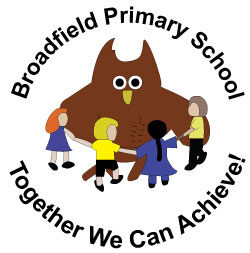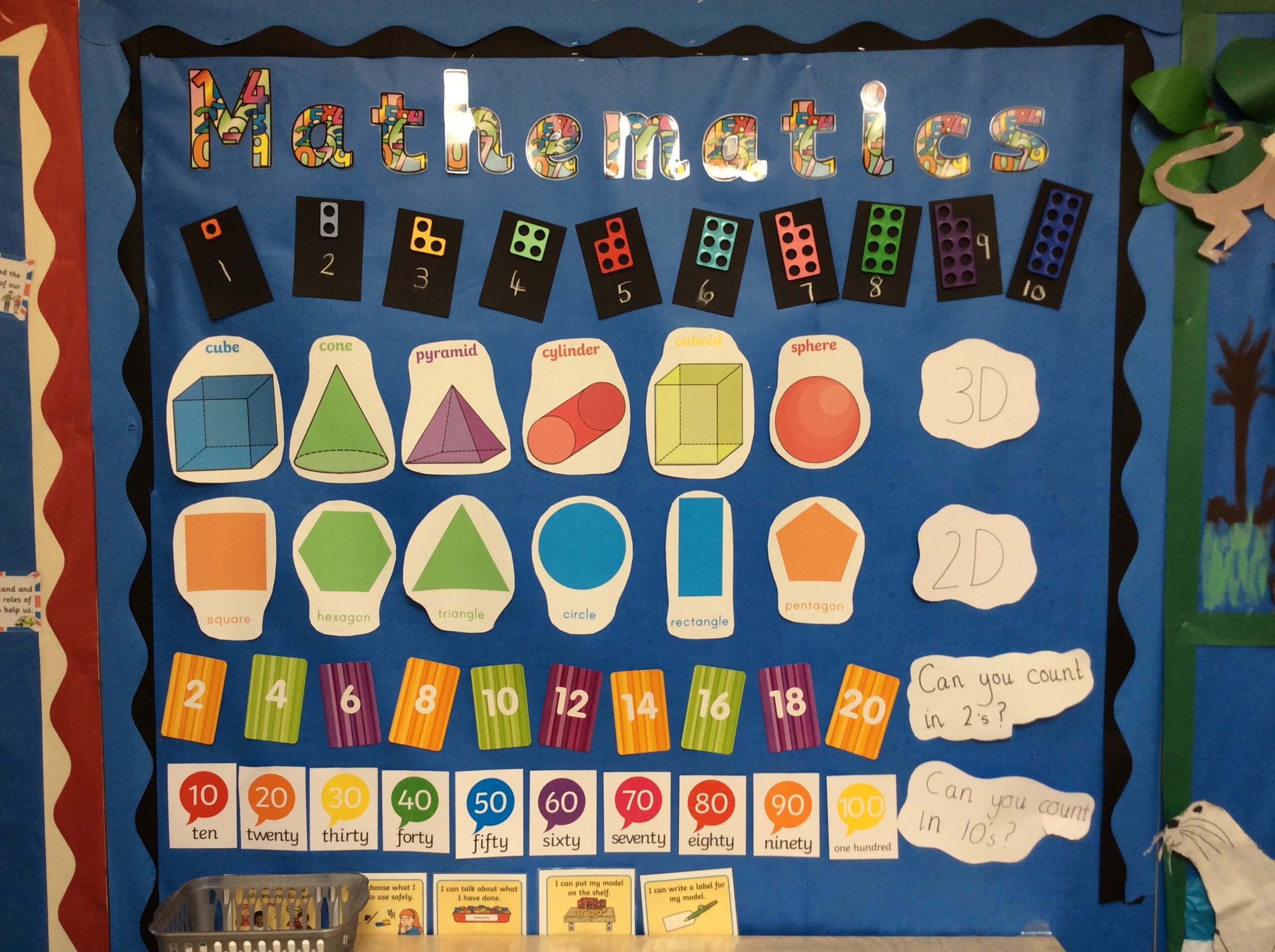Click here to see the overview for mathematics 2024-2025
Intent – Our Aims
Our intent is to provide opportunities for children to develop and become confident, articulate and well-rounded children who can succeed as individuals and contribute to their community and the wider world.
We aim:
- To enable children to become fluent in the fundamentals of mathematics whilst developing resilience, initiative, accuracy, communication skills and logical thinking
- To provide children with the skills to move fluently between representations of mathematical ideas, making strong connections to develop fluency, reasoning and competence to solve increasingly sophisticated problems
- For children to be able to confidently apply their mathematical knowledge to other subjects and situations
- To equip children with the tools to understand the world around them by developing their ability to calculate, reason, solve problems and think in abstract ways
- To educate children about money and the role it plays in our society, for example where money comes from
- To make mathematics fun.
Implementation (How We Will Do This)
Teaching and learning in mathematics is organised using the White Rose Mathematics Framework and Assertive Mentoring Assessment and Target Setting. It is based on the key principles:
- Dedicated mathematics lessons at least 4 times per week using a variety of teaching and learning styles
- Regular arithmetic lessons in Key Stage 2 – usually weekly
- A proportion of whole class and group-direct teaching
- Interactive oral work with an emphasis on mental calculation, counting and the rapid recall of number facts.
- Manageable adaptation of tasks relating to a common objective so all children can access learning and to provide appropriate challenge
- Emphasis on the understanding and use of mathematical vocabulary
- Opportunities to carry out open ended maths investigations
- Use of a wide range of resources, including NCETM activities, to promote and develop skills and understanding.
Daily sessions incorporate:
A: Key skills simmering. For example:
- Mental and oral skills
- Counting on and back in various steps including bridging x10 x100
- Rehearsal of number bonds and key facts
- Rehearsal of multiplication tables
- Doubling and Halving
- Multiplying and Dividing by 10, 100, 1000 etc.
- Practise of concepts related to targets set.
B: Main Lesson
A main learning activity where:
- The lesson is put into the context of previous learning
- Mathematical vocabulary is shared, explained and the opportunity given for children to use it correctly
- The Learning Objective is communicated and is designed to generate the planned learning outcome.
- Skills and concepts are taught and modelled
- Expected learning outcomes are communicated as Success Criteria
- Careful adaptation enables the challenge of the task to be matched to the ability of the child.
- Teaching Assistants and Special Educational Needs Teaching Assistants support the teacher to ensure that work is matched to the needs of individuals
- The children have access to and use of a range of resources such as number lines, number squares, digit cards and small apparatus to support their work.
- Children are encouraged to ask as well as answer questions.
- Wherever possible children have planned opportunities to use and apply their skills in everyday situations
- Incorporate mini-plenaries enabling learning for all pupils to be maximised.
Mini- plenaries and a final plenary session enable:
- The learning objective and learning outcomes to be reviewed
- Outstanding misconceptions to be addressed
- Future learning to be discussed or introduced
- Opportunity for children to apply their skills to everyday situations.
- Self and Peer assessment opportunities
Assessment:
In EYFS children are assessed termly against the non-negotiables for mathematics and Development Matters statements. Formative assessment occurs throughout each lesson and more formal assessments, from Year 1, take place at the end of each half term using the Assertive Mentoring resources. Outcomes are used to inform planning and to set targets.
At the start of new topics appropriate prerequisite vocabulary and skills are reviewed and new vocabulary is introduced.
Other:
Digital devices, websites and apps are used to enhance the mathematical curriculum. These include LBQ, Numbots, Hit The Button, Purple Mash and TTRockstars.
Maths prompts are provided for parents and children to use. These are available on the school website.
There is a ‘help area’ in each classroom where children can independently access maths resources to support them with their learning. These include, for example: dienes apparatus, numicon, hundred squares, number lines (including negative numbers where appropriate) and times table squares.
Active Maths
BBC Supermovers/GoNoodle are used regularly, as either a brain break or during the simmering section of maths lessons, in order to practise counting, number bonds, timetables etc. Each class takes part in a planned active maths lesson at least twice per half term.
EYFS
Teaching and Learning of mathematics in EYFS is planned and organised using Development Matters Early Years Foundation Stage Framework.
In Acorns, the children are provided with planned daily activities to support their mathematical development. The staff model mathematical language and thinking in the following ways:-
- counting in practical, real life activities such as counting the number of children present that day.
- writing numbers for the children to show the total number of children present.
- a short whole class input followed by focussed and continuous provision activities linked to the main input.
- sharing counting/number based books.
- singing counting/number songs and rhymes using props and puppets.
In Nursery, mathematics learning is timetabled in alternate week blocks. The blocks alternate between maths and literacy. During the literacy week the enhancements in continuous provision will be linked to the mathematics learning from the previous week to allow the children to consolidate their learning. Children are provided with the opportunity to:-
- practise counting through adult modelling and practical activities.
- make marks to represent numbers progressing to number writing when developmentally appropriate.
- join in with counting/number rhymes and songs.
- listen to mathematical themed books.
- engage in cross curricular mathematical activities.
- engage in multi-sensory learning activities.
A next step sheet is used during the literacy week to consolidate the previous week maths learning
In Reception, mathematical teaching is supported by the White Rose scheme of learning. Children are provided with the opportunity to:-
- practise basic mathematical skills on a daily basis through practical activities.
- practise correct number formation.
- develop and share their mathematical knowledge and thinking through adult questioning and problem solving activities.
- engage in cross curricular mathematical activities.
- engage in multi-sensory learning activities.
Impact
The impact is as follows:
- Children overwhelmingly enjoy maths and are motivated learners
- Children can quickly and accurately recall number facts and methods using the four operations
- By the end of Year 4 the majority of children know all the times table facts up to 12 x 12 (demonstrated by data from the Year 4 multiplication check) and by the end of KS2 children are becoming increasingly more fluent in using and applying them.
- Children are able to move more fluidly between different contexts and representations.
- Children recognise relationships and make connections
- End of Key stage 2 teacher assessment outcomes over time are above or in line with national standards.






